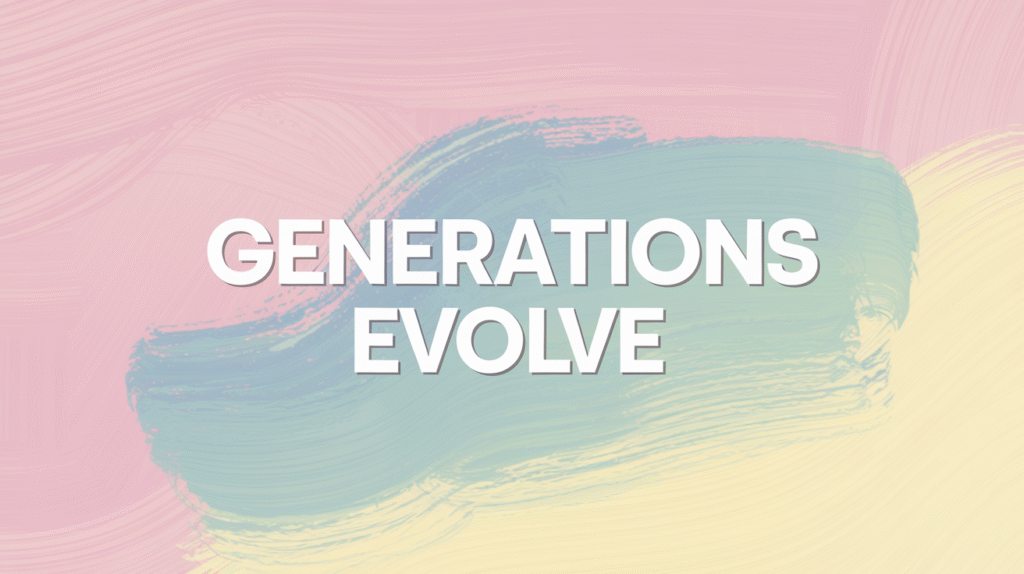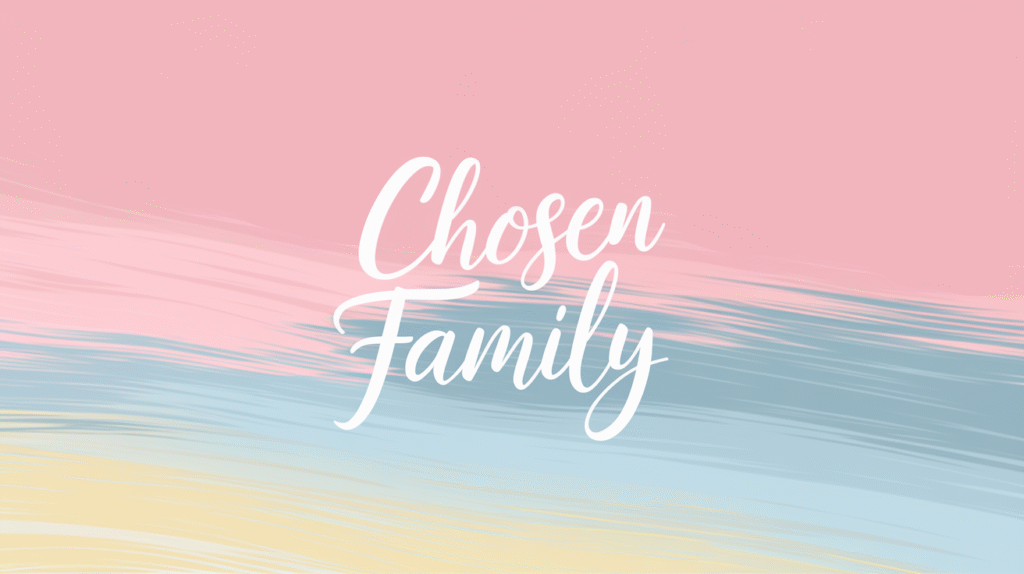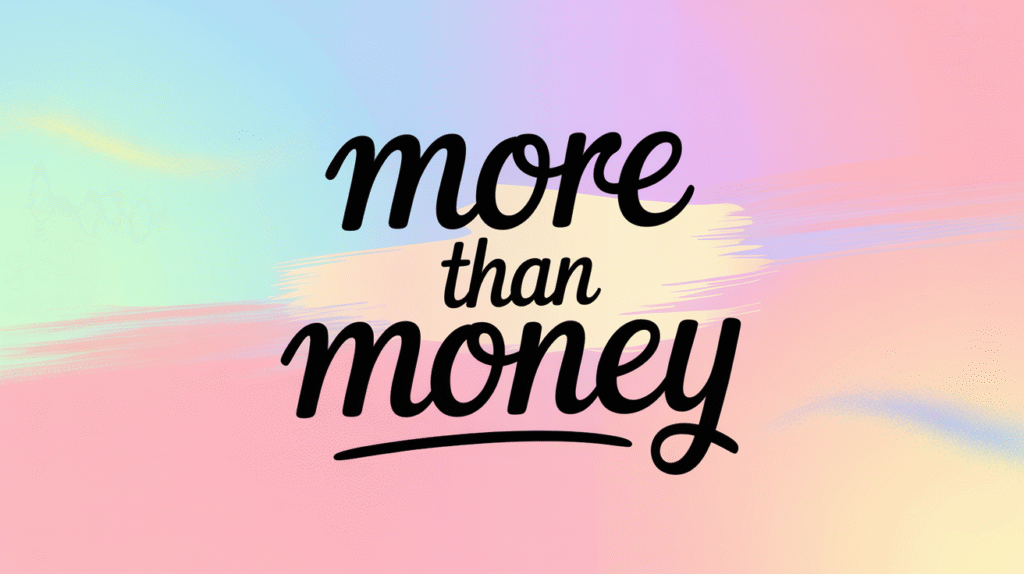
Generations Evolve: The Ongoing Anthem of Human Progress
Every generation is like a different band in a lifelong rock festival—each with its own style, sound, and message. Some generations laid the foundation. Others disrupted everything. And still others are just beginning to tune their instruments. Together, they’ve created a powerful, ongoing song about change, survival, progress, and connection. As we look back through the decades, we discover that every generation has had its own rhythm, and none of them played solo. Each one built upon the last—learning, reacting, rebuilding, and reimagining what life could be. This is not about declaring a “greatest” generation. It’s about recognizing the value in all of them. It’s about hearing the full sound of humanity’s story—loud, soft, messy, beautiful, and still unfinished.
The Greatest Generation (1901–1927): Built on Backbone
This generation was born at the turn of the 20th century and came of age during some of the most difficult times in modern history. They lived through World War I as children, then the Great Depression, and stepped into adulthood facing the horrors of World War II. Despite limited resources and global instability, they sacrificed, worked, and fought to protect what mattered most.
After the war, they didn’t retreat. They rebuilt. They created families, formed strong communities, and laid the foundation for a post-war economic boom. They built infrastructure, led the rise of the middle class, and raised the children who would become the next change-makers. Their loyalty, humility, and resilience remain touchstones for how we define strength today. They weren’t just brave—they were steady. The Greatest Generation gave us the blueprint for service, sacrifice, and rebuilding something better when the world falls apart.
The Silent Generation (1928–1945): Quiet Strength, Lasting Impact
The Silent Generation earned their name not because they had nothing to say—but because they often endured quietly. Born during the Great Depression and raised during World War II, they carried the weight of war and scarcity into adulthood. As they came of age, they saw the start of the Cold War, the Korean conflict, and the early sparks of the civil rights movement.
They were the calm between storms. The steady hands behind much of the post-war prosperity. They were dedicated workers, loyal citizens, and dependable leaders in business, education, and public service. They didn’t shout, but they showed up—day after day. And even though they weren’t always on the frontlines of protests, many were quietly planting seeds of change. They helped build the early frameworks for equality, education reform, and workplace stability. Their values of duty, structure, and quiet leadership shaped a world that was ready for transformation.
Baby Boomers (1946–1964): Rebels and Reformers
Born into a time of peace and promise, Boomers quickly realized the world was far more complex than they’d been led to believe. They watched the civil rights movement unfold, protested the Vietnam War, and sparked a countercultural revolution that changed how people thought about race, gender, politics, and freedom.
They brought rock ‘n’ roll into the mainstream, led the space race, and reshaped what family, work, and identity could look like. Many Boomers helped build the suburbs and the economy, but they also tore down cultural walls, challenged outdated beliefs, and brought new ideas into the spotlight. They were the first to embrace the idea that the personal is political. They demanded a better world—and many of them spent their adult lives working toward it. From Woodstock to Watergate, they witnessed massive shifts in trust, power, and ideology, and they often stood at the center of those storms.
Generation X (1965–1980): The Bridge Between Worlds
Gen Xers are the often-overlooked middle child of the generational family—but they’ve been holding it all together from the sidelines. They grew up during economic instability, the rise of divorce rates, and an increasingly digitized world. Many became latchkey kids, learning independence early as they navigated shifting family structures and changing values.
They were the first generation to grow up with home computers and video games, but also the last to live a mostly unplugged childhood. They bridged the analog and digital worlds, bringing both resilience and resourcefulness to every challenge. Gen X was shaped by contradictions. They were raised to be skeptical but turned out to be innovators. They were told to follow rules but became entrepreneurs. They pushed back against authority, yet many are now quietly running businesses, teaching kids, building nonprofits, and mentoring younger generations with a deep sense of realism and grit.
Millennials (1981–1996): Change-Makers in a Rapidly Changing World
Millennials were born into a world of optimism and expansion, only to be met with the harsh realities of 9/11, two wars, a housing crash, and a global financial crisis—all before hitting their 30s. They adapted fast, learning to navigate change with creativity and courage.
They pioneered the shift toward digital-first lifestyles. They didn’t just use the internet—they helped build it into what it is today. They launched side hustles, transformed how we work, and brought mental health and inclusion into everyday conversation. Millennials are often misunderstood as entitled, but they’ve had to redefine success under harder circumstances than their parents faced. They value purpose over paycheck, connection over conformity, and flexibility over rigid tradition. In doing so, they’ve brought much-needed humanity into the workplace, the media, and modern activism.
Generation Z (1997–2012): Fearless, Connected, and Awake
Gen Z has grown up in a fully connected world. They’ve never known life without smartphones, social media, and instant access to information. While that brings challenges—like digital overload and mental health concerns—it also gives them the tools to mobilize, organize, and speak out faster than any generation before.
They’ve lived through global climate strikes, mass shootings, a pandemic, and endless political tension. But instead of shutting down, they’re rising up. Gen Z is bold, diverse, and unafraid to challenge outdated systems. They demand inclusion, authenticity, and justice—not tomorrow, but now. They are redefining what it means to be a leader. They don’t wait for permission. They build platforms, start movements, and use their voices with stunning clarity. And they’re teaching older generations what it means to be unfiltered, emotionally honest, and unapologetically awake.
Generation Alpha (2013–2025): Digital From Day One
Still in their early years, Generation Alpha is already showing signs of deep tech fluency, empathy, and global awareness. They’re being raised in homes where AI, smart devices, and virtual classrooms are the norm. But what makes Gen Alpha truly unique is the blend of technology and emotional intelligence being emphasized in their upbringing.
They’re growing up watching their Millennial and Gen Z parents talk openly about mental health, identity, and connection. They’re exposed to diverse cultures, languages, and ideas from the moment they pick up a tablet. Their future may look radically different—but they’re likely to face it with creativity, adaptability, and purpose. What remains to be seen is how they’ll solve problems we’ve struggled with for generations—inequality, climate change, division. But with the tools they’re being given, Gen Alpha may end up being the most empathetic and innovative yet.
The Collective Soundtrack of Us All
As we reflect on the generations that have come before us—and those rising now—it becomes clear that history doesn’t play in solo acts. It plays as an evolving, layered soundtrack, where every generation adds its own rhythm, voice, and verse. From the steadfast resolve of The Greatest Generation to the technological fluency of Gen Alpha, each cohort has carried a distinctive sound that contributes to the harmony—or tension—of the times.
No single generation holds the spotlight indefinitely, nor does one alone define progress. Each is shaped by the era’s challenges and opportunities, and each finds ways to push boundaries, redefine values, or preserve essential truths. The mix of tradition and innovation, rebellion and responsibility, idealism and realism is what keeps our collective melody alive.
Whether you find your voice in protest, innovation, service, creativity, or care, your place in this generational mix matters. You’re part of the ongoing arrangement, the living rhythm that responds to change and creates it too. So what notes are you playing in today’s chapter? How do you see your generation’s mark in the bigger score?
The collective soundtrack of us all is still being written—layered in moments, movements, and memories. And every voice, every choice, still adds to the music.


